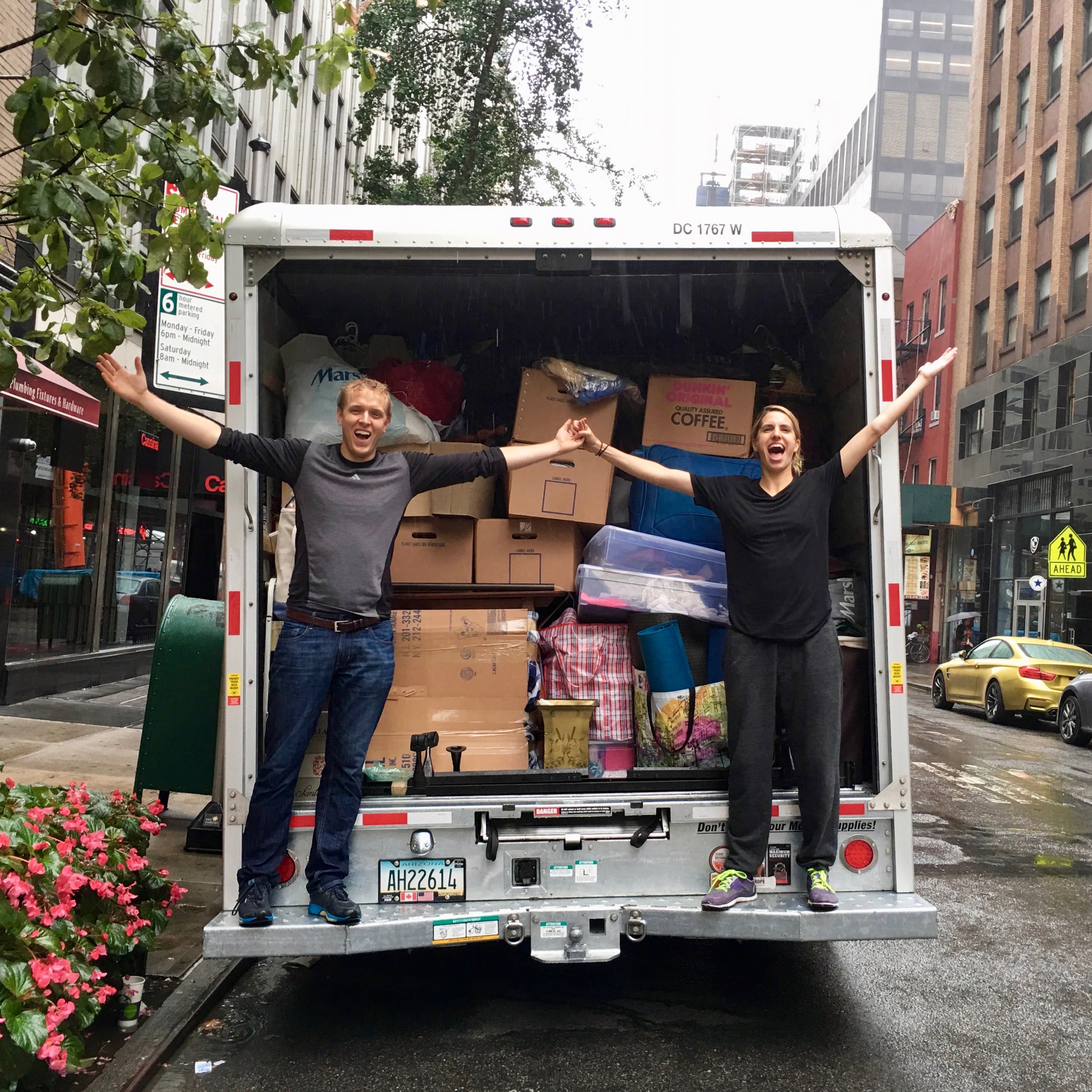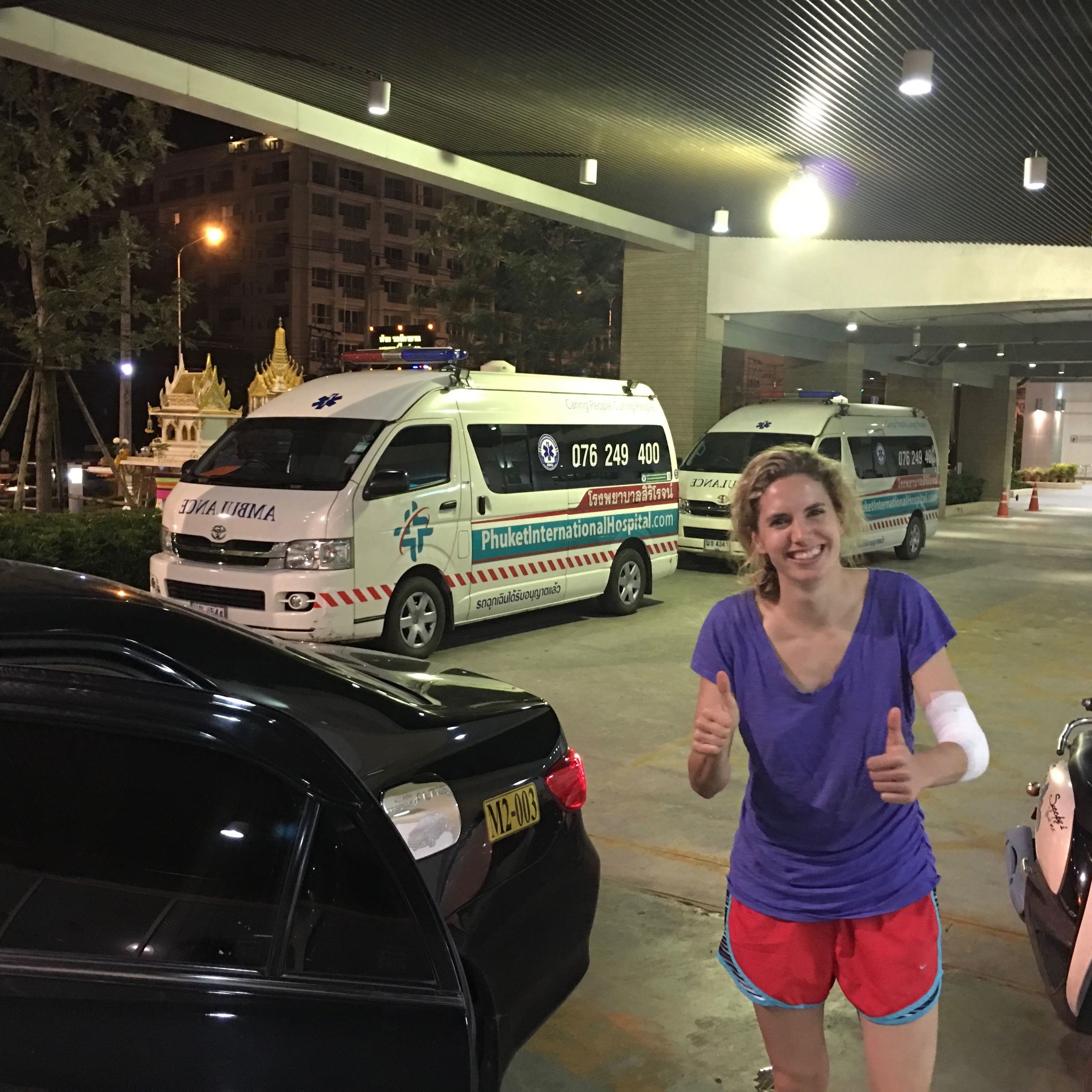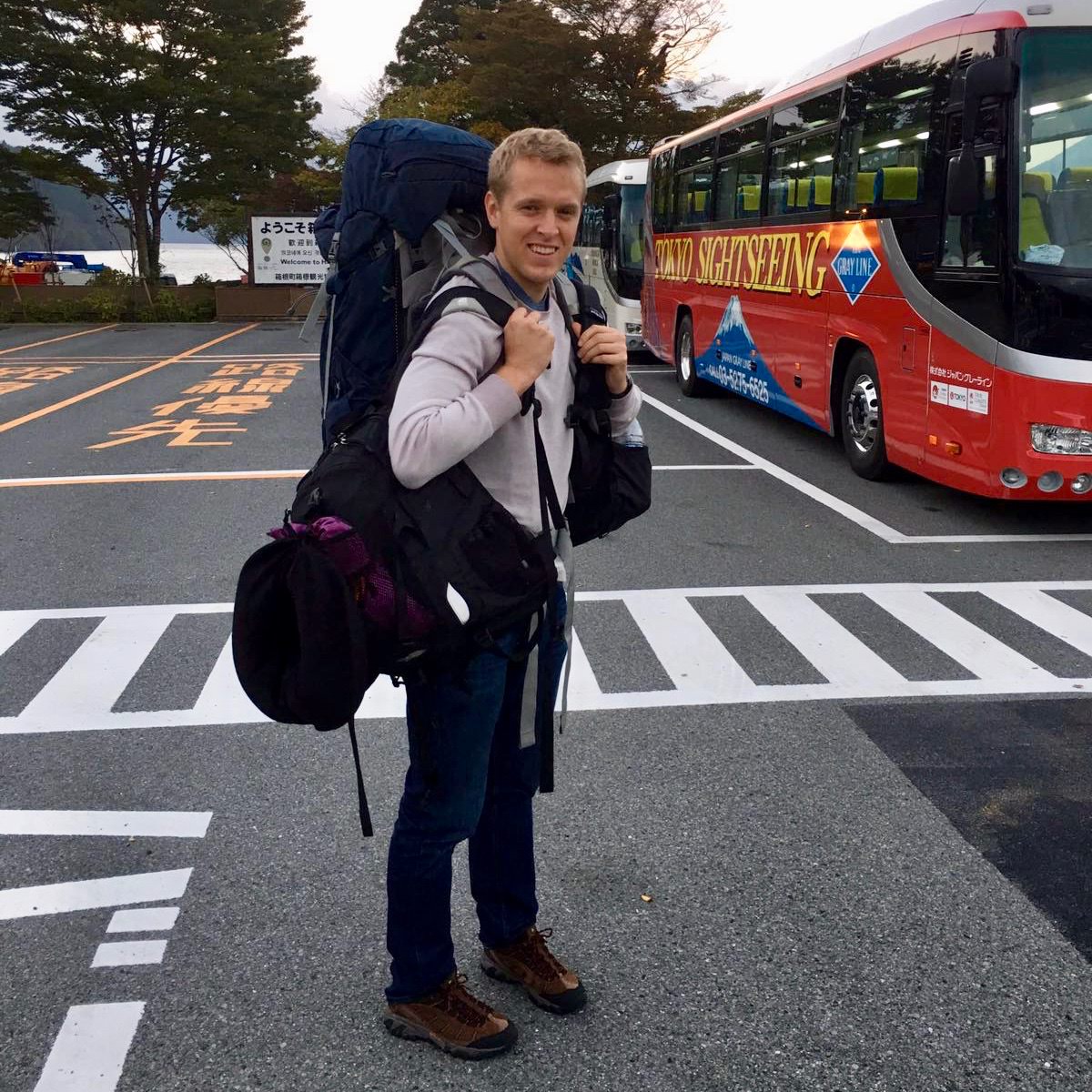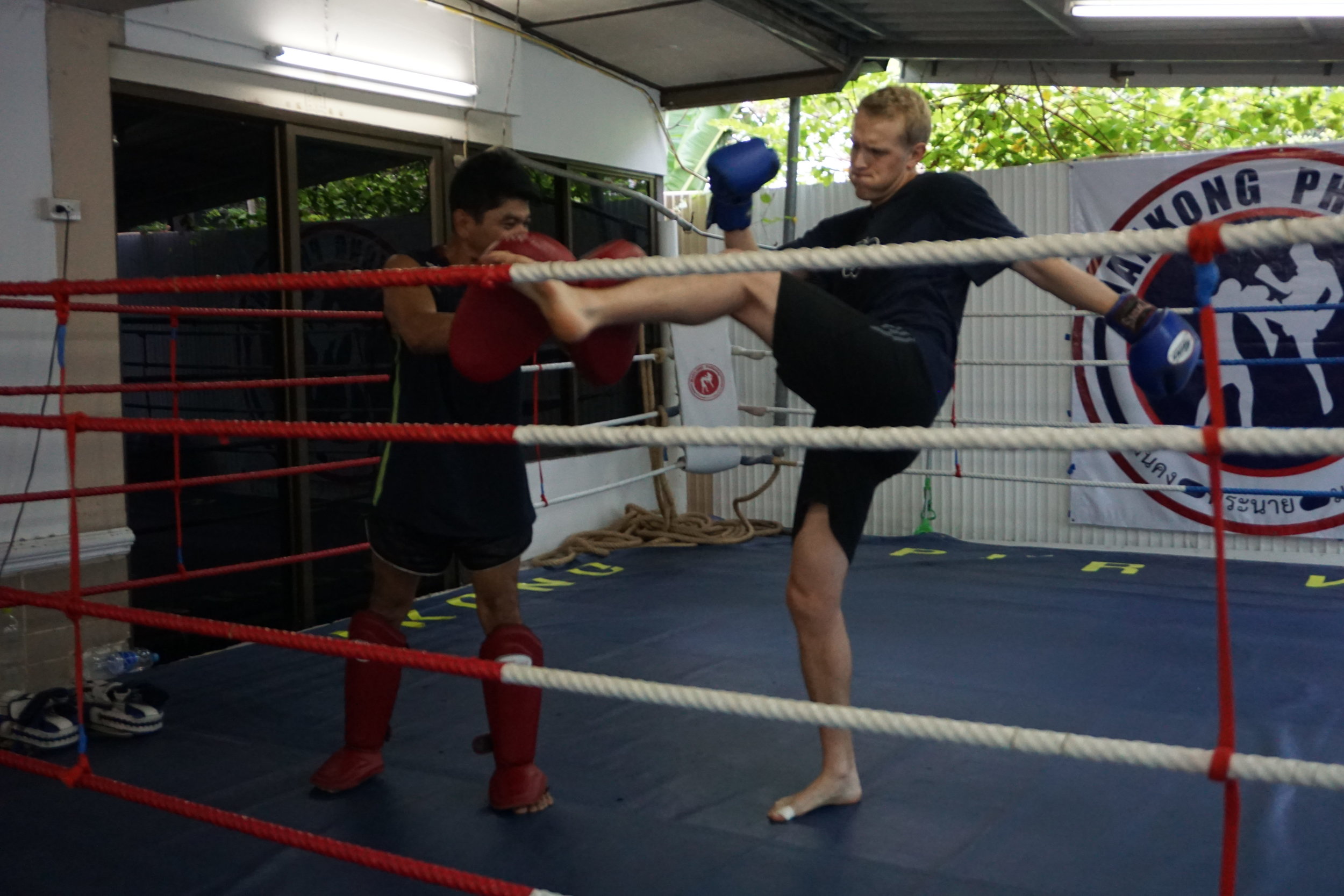PLANNING
How DO you prepare for extended travel?
This requires some work and to be honest, it involved more than we anticipated. Our planning checklist is based on our own experiences and what we learned from others. The night before we left, we were feverishly going through all the things that we still had left to do. You could plan endlessly, so at some point, you have to pull the trigger and just go.
Our extended Travel checklist
1. BRAINSTORM
Pull out a map, read blogs, and have fun brainstorming. Think about where you'd like to travel, what you’d like to do, and for how long. The more we looked, the more we wanted to see.
Once you’ve come up with a basic outline and have decided that you’re going to take the leap of faith and travel long-term, don’t book all your flights. It’s tempting, but don’t do it. Book the first one or the first several, but do not try to book 6-12 months worth of flights (you are overplanning if you do… we fell prey to this in the early part of our trip).
Two of our favorite travel bloggers are:
For even more inspiration, an incredible book filled with ideas and advice is Vagabonding: An Uncommon Guide to the Art of Long-Term World Travel.
2. Create a Budget & Save
For details on how much it cost us, see our Questions & Answers page. We discussed our budget and set out a number of what we were each willing to spend and tried to understand how far this would take us by building a rough budget (including flights, expected food cost, accommodation, special treks, insurance, phone plan, etc).
You can spend less than what we spent and you could spend a lot more. We did some activities that were more expensive (like climbing Kilimanjaro, visiting Japan in general, and spending 3+ weeks in China with English-speaking guides). You could certainly replace activities like these with other adventures to lower costs further.
3. Consider Your Job
Resigning, working from abroad, taking a leave of absence or sabbatical... You decide. This is a personal choice and we realize this is what holds up most people. We get it. It was really tough for us. We hesitated with the idea of voluntarily deciding not to make money for a while. We also really loved the people that we worked with, but if you want to travel long-term, you will have to make some difficult choices.
4. Housing & Mail
Whether you terminate your lease, sublet, Airbnb your home, schedule rent auto-pay, or entrust your mortgage payments with a friend, you’ll want to figure it out ahead of time. You may need to set up storage for your belongings. If necessary, be sure to redirect your mail to a family member or close friend.
5. personal Finances
This means getting your bills on auto-pay and/or setting up regular reminders of when you will need to pay for these things abroad. Ideally you’ll have minimized the number of bills that you need to pay prior to going on your trip. You’ll want to notify your bank
that you are traveling as well.
6. Credit Cards
While this is certainly part of your finances, we can’t stress how valuable the right cards can be. Check out our hierarchy of credit cards on our Questions & Answers page. We relied on two cards almost exclusively: 1) the Chase Sapphire Reserve Credit Card (for purchases) since we found they had the best points system and 2) our Schwab Debit Card (for cash withdrawals) since they do not charge ATM fees or international transaction fees (these will add up over time).
The Points Guy has an amazing website with all sorts of tips and tricks to optimize travel rewards. If done well, this really adds up!
7. Travel Vaccinations
Visit a travel doctor and have a sense of where you will be going and get all the necessary shots. If you aren’t sure what you’ll need, you can find out by visiting the Centers for Disease Control and Prevention.
These are some of the most common ones to get and/or ask about (again, check with a travel doctor to determine what you need):
- Measles, Mumps, Rubella (MMR): Many people get this when they are young
- Diptheria, Tetanus, Pertussis: You may need a few Tetanus boosters along the way
- Polio: You may need an adult polio booster
- Hep A: This has 2 shots associated with it
- Hep B
- Yellow Fever
- Malaria: Pills
- Typhoid: Pills
- Chicken Pox exposure
- Flu Shot
- Rabies: We did not get this one; it is generally not recommended until you actually get bit
8. Doctor & Dentist visits
Get any prescription drugs that you may want to bring with you (malaria pills, Z-pack, Cipro, Diamox, etc). You may not need all of these, but think about what you want. After visiting the doctor, create a medical pack that you include in your backpack. To save space, we took the packets of pills out of their box and cut out the instructions on the box, putting both in a small plastic bag to make sure that we didn’t forget what we had or how to use it.
It also makes sense to get the phone number and email of both your doctor and dentist in case you need it. Hopefully you don't, but just save it in your phone.
9. Insurance
We DEFINITELY recommend purchasing BOTH health and travel insurance. Over 10 months, our only challenge came in Thailand when Annie was in a bicycle accident. We were very lucky. Having insurance helped us sleep better at night.
For travel insurance, we went with World Nomads - this is what everyone seems to recommend online... But honestly, we don't feel great about them. They refused to cover our emergency boat ride ($250) to the hospital after Annie's bicycle accident, citing that our boat was licensed as a "taxi" - and taxis aren't covered by our plan. They advised that we should have ordered a helicopter evacuation ($20,000+), given the helicopter charter would have been covered. Which is just ludicrous.
Overall, do your research and know your plan - but keep your expectations low. Insurance companies are insurance companies. The entire process for submitting claims is made difficult. It is designed for you to reach the conclusion that it is not worth your time to complete the process (multi-month wait times, pages upon pages of paper forms, lack of transparency, unempowered customer service, etc).
Although it's a tough pill to swallow, you'll sleep better knowing the severe downside case is mitigated.
10. Visas
Consider any countries that will require visas ahead of time (like China, India, or Vietnam for instance). We got several visas on the road, but make sure you know the rules. For some countries, you need to apply well in advance (like China), but for others you can obtain them at the airport. Every country has different rules.
11. Personal Documents
We found these tips to be particularly helpful:
- Bring a Set of Extra Passport Photos.
- Take photocopies of your special documents. Or snap a picture of them on your phone.
- Double check your passport expiration and how many pages you have left (Annie needed to get an emergency passport in Cambodia because she ran out of pages). A number of countries take up more than one page for their visa and stamps, which means that your pages can go faster than you think they will.
12. packing list
Put together a packing list and lay everything out. Less is more. We can’t stress this enough. Less is more. We sent home a bag of clothing to lighten our loads about a month into our trip.
13. Electronics
Make sure you have the right adapters and plugs and put them all in one big clear plastic bag. Decide what you are going to bring (laptop, kindle, camera, and phones). Be sure to keep track of them on the road. Prior to leaving, we bought much more sturdy phone cases to protect us from breaks. This truly saved us on multiple occasions. Who wants to deal with a broken screen abroad? No one.
14. International Phone Plan
We used T-Mobile’s plan. It’s the cheapest and it worked in most places, but their customer service is terrible.
15. Travel Safety
Check out the US State Department website. We enrolled in their Safe Travel Enrollment Program for email updates. You can enroll by clicking here.
Another tool we referenced is the Overseas Personal Security Awareness Handbook. The book is written by a former soldier in the British forces and provides loads of examples on what you should do in a variety of different situations.




